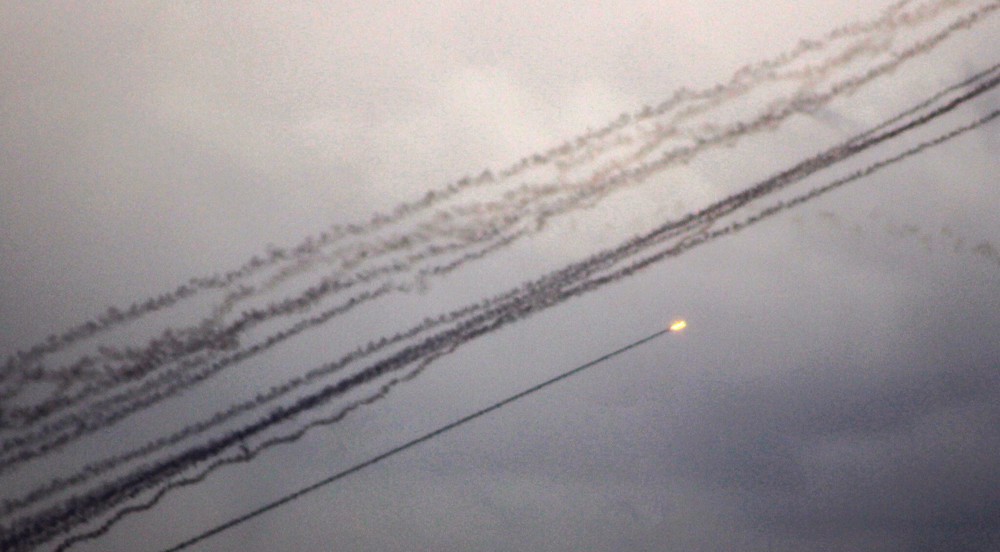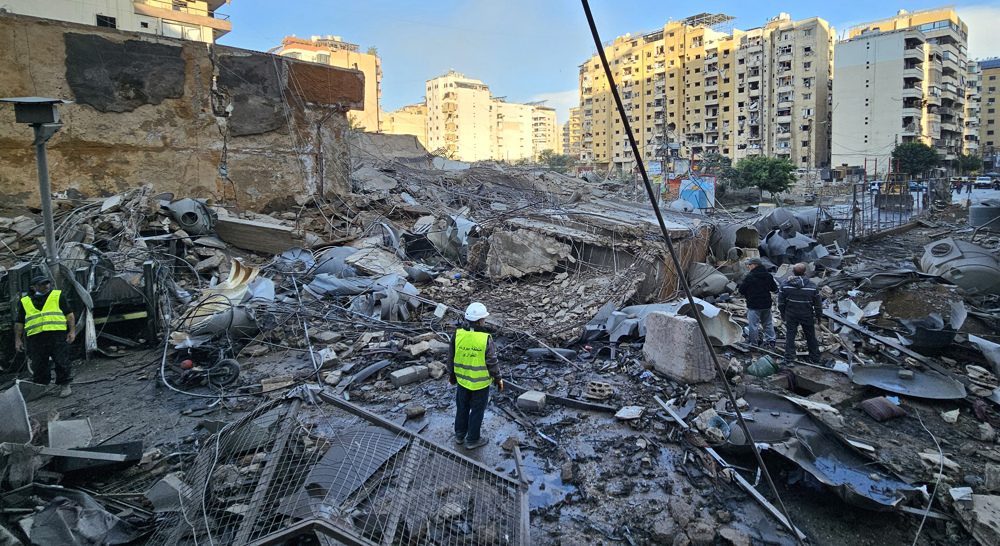Lebanon presidency announces new cabinet line-up after months of impasse
Lebanon's presidency has announced the formation of a new national unity government, putting an end to a nine-month stalemate on the political stage, which fueled the Arab country's economic woes.
The new cabinet was unveiled Thursday during a press conference at the presidential palace in the capital, Beirut, after rival political factions managed to hammer out their differences over the government line-up.
The new government -- headed by Prime Minister Saad Hariri -- includes 30 ministers from most Lebanese political factions, which have been in talks after the country held in May 2018 its first parliamentary elections in nine years.
According to a statement by Lebanon's presidency, Finance Minister Ali Hassan Khalil from Parliament Speaker Nabih Berri's Amal party, and Foreign Minister Gebran Bassil, who leads President Michel Aoun's Free Patriotic Movement, have retained their positions in the new cabinet.
Lebanon's Hezbollah resistance movement has chosen Jamil Jabak as the new health minister, despite the fact that he is not a member of the movement.
'Govt. work can no longer wait'
Speaking following the announcement, Hariri voiced alarm about the country's economic and financial challenges, saying the time for dealing with problems with "painkillers" is over.
"The time of treatment with painkillers is over. No one can put their head in the sand anymore. Matters are as clear as the sun. All the problems are known and the causes of the corruption and waste and administrative deficiency are also known," the prime minister said.
"Lebanese are living in concern about the economic situation," Hariri said, adding that the government's work could not wait.
Since the May 2015 election, the last Hariri government, which has been appointed in 2016, has been in office in a caretaker capacity.
That election saw Hariri lose over a third of his MPs; however, but kept his status as the leading Sunni Muslim, which enabled him to return as prime minister, a position reserved for his sect under Lebanese law.
The Hezbollah resistance movement and its political allies secured over half the seats.
Economy high on agenda
The Lebanese finance minister seems to be facing a tough job as his country currently has the fifth highest public-debt burden in the world, at 150% of gross domestic product (GDP).
The long-running political dispute dealt a blow to the country's plans for fiscal and structural reforms needed to unlock $11 billion in grants and loans.
The new cabinet is now expected to introduce reforms aimed at dealing with corruption and fixing its ailing electricity sector.
At the presidential palace, Hariri said the country should urgently begin to “invest in economic and social solutions."
Reforms and cooperation among political factions are key to resolving the economic problems, he said.
VIDEO | Former FBI agent criticizes US Congress for 'outright corruption'
IRGC chief urges Muslim countries to cut aid routes to Israel
'New chapter in cooperation': Iran, Venezuela sing new MoUs
Jordan sentences former lawmaker for supporting Palestinian resistance
Basij volunteer forces hold massive drills in southwestern Iran
Israeli war criminals 'not welcome', US city says after ICC ruling
US vetoing of Gaza ceasefire resolution ‘disgraceful’: Iran’s UN envoy
VIDEO | IAEA adopts anti-Iran resolution tabled by E3










 This makes it easy to access the Press TV website
This makes it easy to access the Press TV website